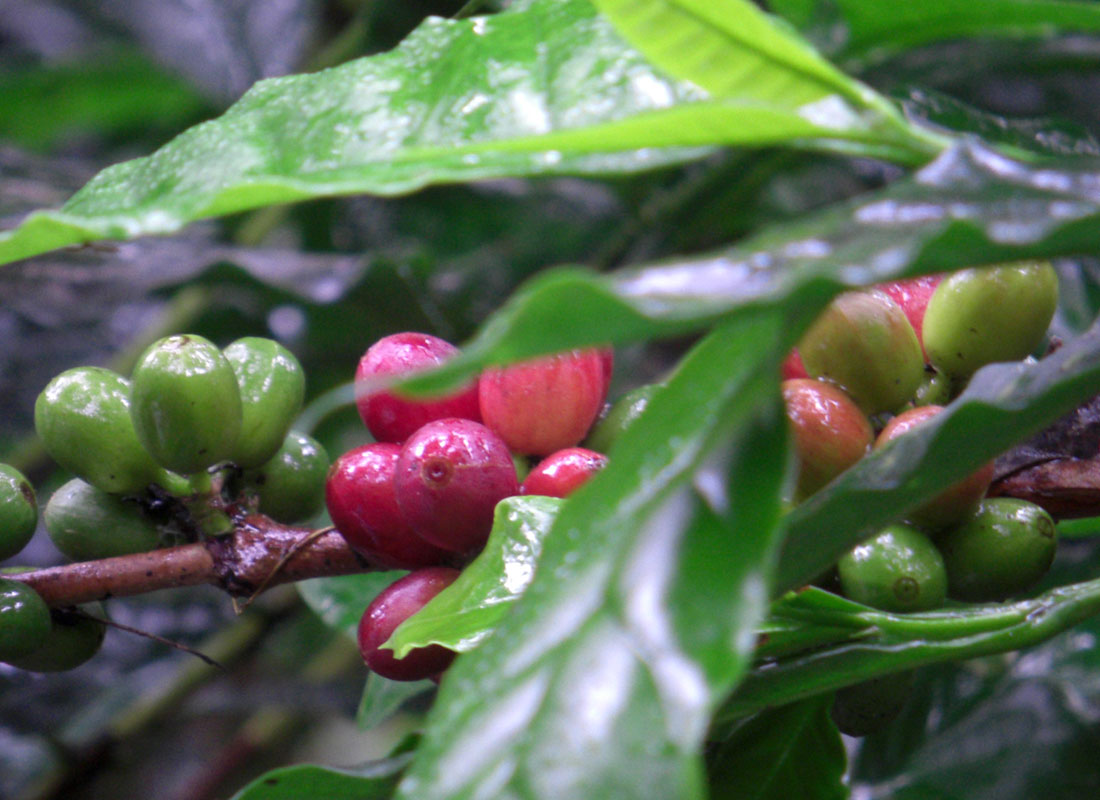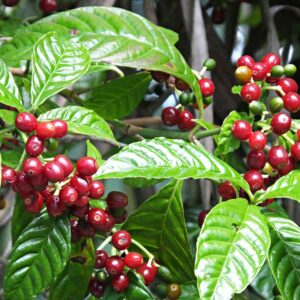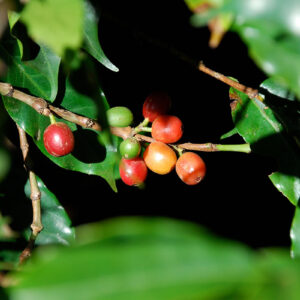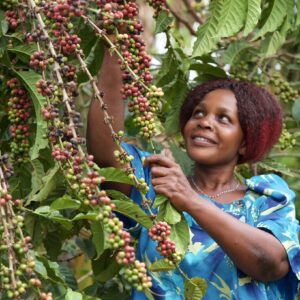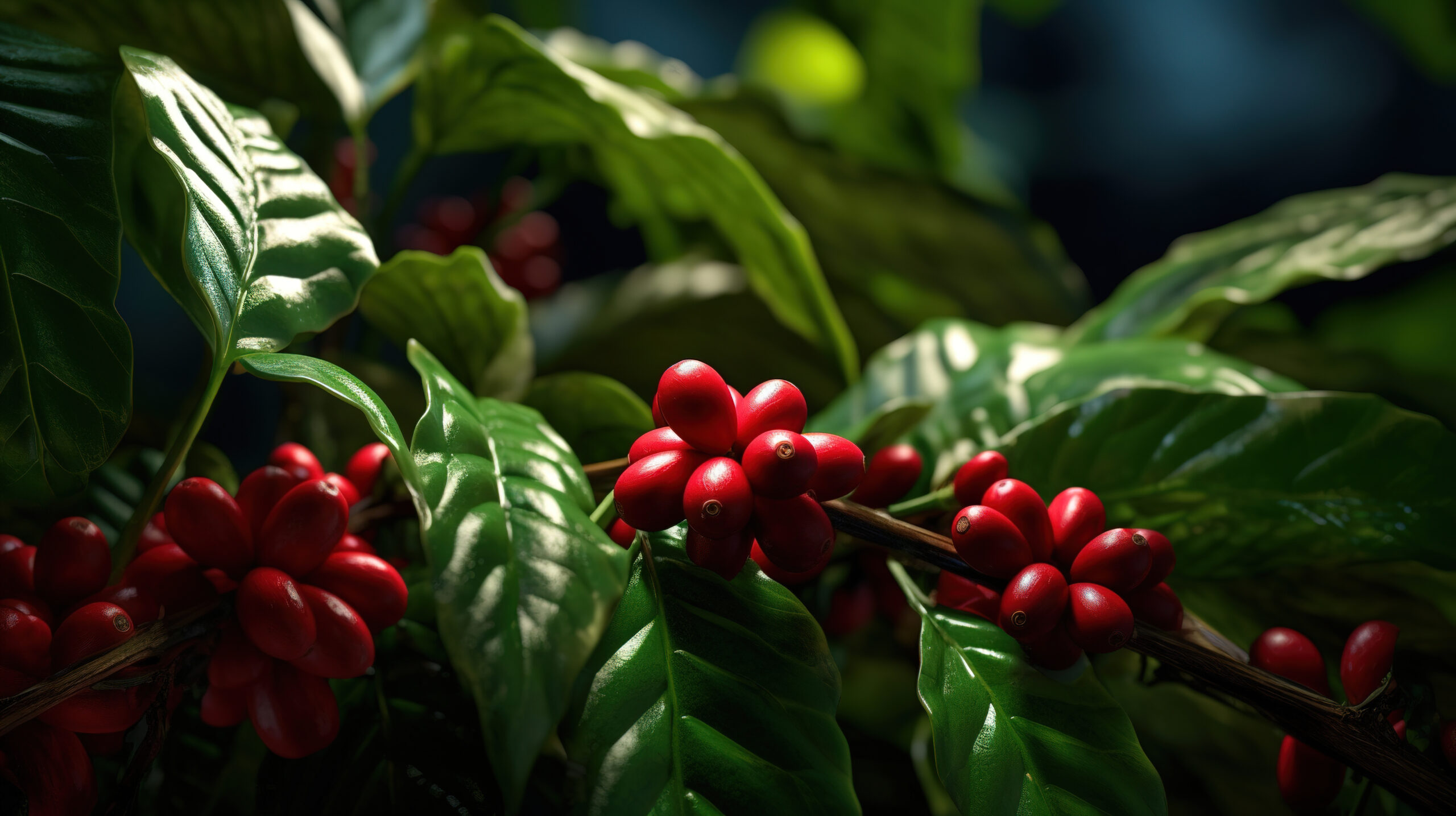
Store
El Salvador Green Coffee
El Salvador, known as the Land of volcanoes, is the smallest country in Central America (about the same size as New Jersey), but its influence among special coffee-growing regions has increased more than life, especially since the early 2000s. . Beginning in the mid-1700’s, coffee was cultivated mainly for domestic consumption, but over the next 100 years it became a stable and important crop, especially in the late 1800’s, when the country’s indigo exports were threatened. the development of synthetic dyes and the widespread marketing.
As the economic importance of coffee grew, various government programs designed to boost production through land, tax and military concessions created a small but powerful network of wealthy landowners who have seized control of the coffee market alongside growing individual small entrepreneurs. They bought coffee as part of their farms and sold their albumin to larger properties or mills.
Coffee exports accounted for 50 percent of GDP in the late 1970s, but socio-economic and political unrest pushed the country into civil war for more than a decade and in the 1980s various land redistribution projects and agrier reforms separated the coffee industry and the market shrinking. Producers with no resources to continue growing left coffee farms and many remained untrained and untrained for years until a peace accord was reached in the 1990s.
It is often said that the 2003 Cup of Excellence competition, which arrived in El Salvador, marked the start of a new “wave” of interest in Salvadoran coffee and shed the first light on some of the special varieties grown by the small country.
Coffee-related population – approximately 20,000
Average agricultural size – 5-50 hectares
Annual Exported Bags – 500,000 to 600,000 bags (2016)
Growing circuits – Apaneca, Apaneca Llamatepec, El Balsamo-Quetzaltepec, Cacahuatique, Chalatenango, Chinchontepec, Metapan, Santa Ana, Tecapa-Chinameca
Total species – Burbon, Pacamara, Pacas, Typica
Emissions Method/s – Some Experiences With Washed (First), Natural and Honey
Country Special Value – SHG (Serious High Increase, 1200+ masl); HG (High Art, 900-1200 masl); CS (Central Standard 500 to 900 masl)
Bag Size – 69kg (Café Imports also offers selected coffee in 35kg Pequeños
bags)
Product period – November-April
Typical arrival – May-July
